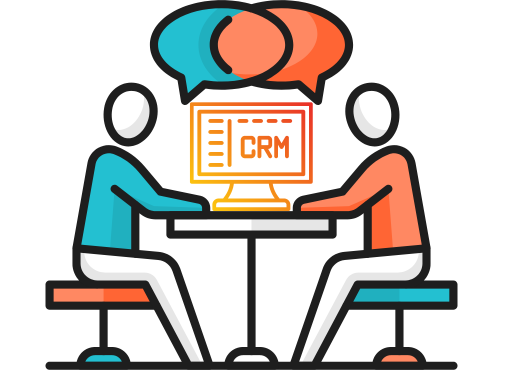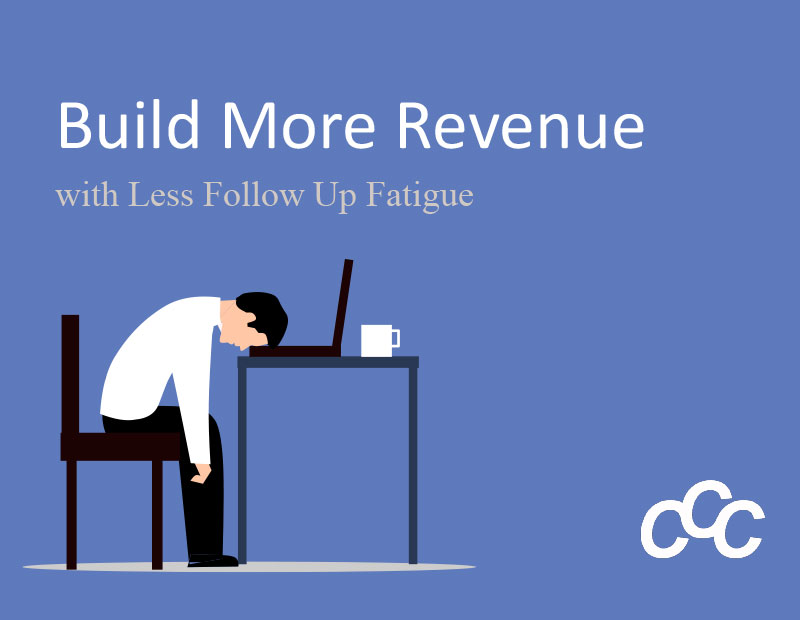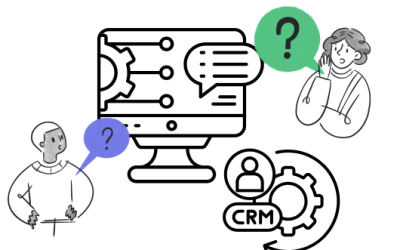What happens when marketing, sales, production, and customer service stop communicating with each other? Mistakes, mistakes, and more mistakes! Why? Everyone is busy working to complete tasks, but no one sees the mistakes until it is too late.
What Are Silos?
As a company grows, its employees focus on their responsibilities. Over time, the workload piles up and employees get overwhelmed. Departments become so focused on their own goals that collaboration suffers, and walls or silos emerge.
Why Does it Matter?
When silos emerge, sales and product quality suffer! Here are some mistakes that are likely when a company has multiple silos:
- Poor customer experience
- Longer sales cycle
- Limited innovation
- Reduced efficiency
Silo mentality is broken by strong leadership. Inter-departmental teams that focus on specific problems promote needed communication across departments.
What is the best way to promote information sharing? Your CRM is the answer as it provides the backbone to support all departments.
Heroic Homebuilders (HH)
Harry Heroic is a 20-year homebuilder, building 100 homes per year in 5 subdivisions. Three years ago, HH learned that roofs in 1 of its models developed a leak. Each time the leak occurred, the customer service team fixed the leak.
One Sunday, Harry reviewed customer service reports and noticed multiple reports about roof leaks in 1 model. In fact, over 2 years, there were 10 reports about the same type of leak.
Harry was mad! Why hadn’t anyone told him? He called his team, and they were embarrassed. No one from customer service thought to call Production to discuss the repeating leaks. “We’re just trying to keep up with all our maintenance tasks,” said the Customer Service Manager.
Harry knew if they came forward, they would have had fewer roofs to fix. Harry asked what other repeating problems customer service had to fix. Immediately, the 2 departments set up a working team to ensure feedback flowed easily.
Why A CRM?
Your CRM is a central hub of information. At Heroic Homebuilders,
- Prospective buyers provide contact information into the CRM when they visit.
- Prospective buyers are assigned a sales agent who tracks the prospect.
- Upon a sale, the closing team is introduced and takes over.
- Upon move-in, the team helps the buyer to ensure operations.
- When a homeowner needs a repair or has a question, all interactions are recorded in the CRM with automated notices to Harry and Production.
Harry tracks prospective buyers through the sales and move-in processes. He sees delays, defects, and homeowner feedback.
No More Silos
If you had to ask Harry, he would tell you that there are no silos at Heroic Homebuilders. “My teams talk. It’s expensive having silos,” said Harry. “My CRM is the backbone of our company,” he said as he shook his head about past mistakes.
Use your CRM’s Power from “Womb to Tomb.” Break down your silos, ensure your product’s quality, and enjoy the new profits generated by a team that works together.
Not sure if you need a CRM or which one to get?
Set up a Meeting so we can share ideas.





